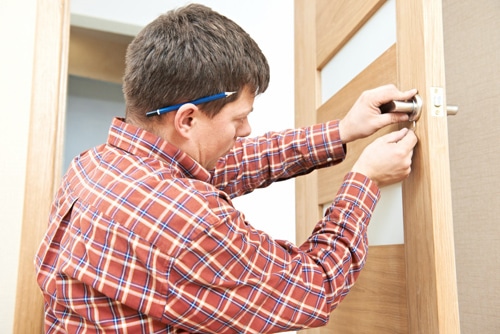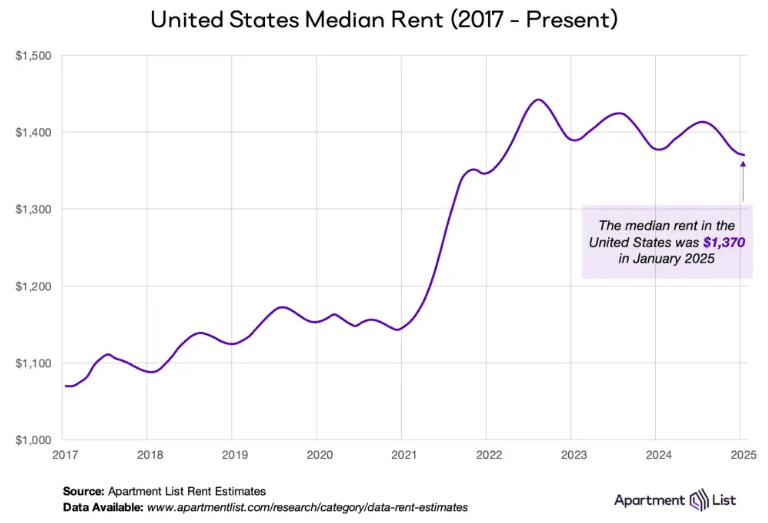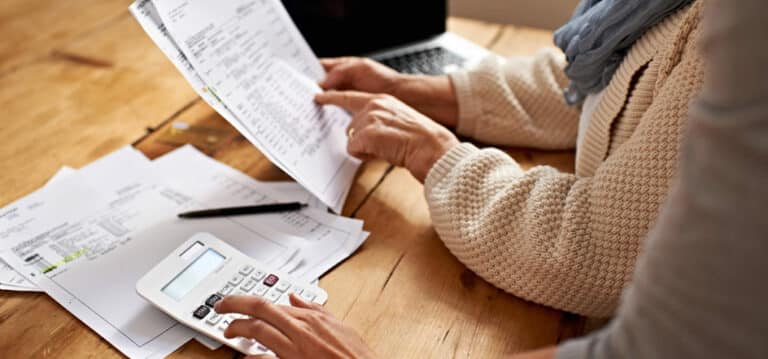If you’re renting an apartment, condo, or home, your rental deposit—the upfront money your landlord keeps in reserve to cover any damages—is a strong incentive to take care of the property and keep it in good shape. By following the tips outlined in this article, you’ll not only keep your apartment in great condition for the duration of your lease, but you’ll also position yourself to get your full rental deposit back when you move out.
Notify the Property Manager of Any Major Problems
You can take care of most of the property’s day-to-day cleaning needs on your own, but you shouldn’t hesitate to call your landlord when something more serious comes up. Whether it’s a roof leak, a faulty air conditioner, or a broken water heater, quick action can make all the difference. Far from finding it annoying, good property owners appreciate tenants who promptly alert them to potential issues in the rental. After all, they’re not there, so they may not know. When in doubt, trust your gut: if this was your house, would you want to know about the problem? If so, give your property manager a call.
Take Care of the Kitchen
A condo or apartment’s kitchen sees heavy use, and it’s often the place where the property begins to see the most wear-and-tear. While some of that is to be expected, there are things renters can do to keep the kitchen in great shape for the remainder of their lease.
Treat the Countertops the Right Way
If your place has quartz or granite countertops, make sure you talk with the landlord ahead of time about what kind of cleaning and protection they need. Quartz, for instance, is not heat-proof: if you set a pot or pan on it directly out of the oven or off the stove, you’ll likely damage it. Granite countertops are generally more heat-resistant but can become discolored and stained by everything from red wine spills to certain cleaning products.
When it comes to cleaning your countertops, avoid using abrasive products—such as steel wool or pumice stone—to wipe down countertops. These have the potential to scratch or erode the smooth countertop surface. Quartz and granite countertops look incredible and provide a whole range of uses in the kitchen, but they do have their limits. Knowing these limits can help you keep your apartment’s kitchen in great shape.
Be Gentle with the Cabinets
A high-quality set of kitchen cabinets can stand up to a lot of abuse, but that doesn’t necessarily mean you should try to find out just how much they can take. Slamming cabinet doors or yanking out drawers is going to lead to long-term damage to the cabinetry.
Over time, cabinets can start to accumulate a layer of grease and grime from everyday cooking and food preparation. The good news is that this is pretty easy to clean: simply take a clean rag or cloth and dip it in white vinegar. Then, wipe down the cabinets with the vinegar solution before using a separate towel to wipe down the surface with water. Finally, pat dry the cabinets with a dry towel. The vinegar should remove greasy or sticky spots on the wood, restoring the cabinets back to like-new condition.
Watch the Walls
Keep the sharp corners of any of your furniture away from the wall to avoid puncturing the drywall accidentally. This is especially common with metal bed frames. Similarly, the doors of the home should have spring door stoppers to prevent a flung-open door from leaving a mark on the wall. However, if they don’t, make use of plastic or wood doorstops behind the door to prevent it from opening too far.
If you have children or pets, you may find that you need to repaint or touch up the walls prior to moving out. While you’re at it, take a look at the baseboards. If they’re starting to look dingy and beat-up, use a damp rag to scrub and clean them. This should remove any shoe imprints and dust, and really make the property feel new again.
Quickly Remove Stains from the Carpet
Every renter, at one point or another, has accidentally stained the carpet. The toughest stains can be incredibly difficult to remove and are one of the primary reasons landlords need to replace carpeting using a portion of the deposit.
When you or one of your guests spills something like red wine, you’ll immediately want to start blotting the wine to lift as much of the liquid out of the carpet as possible. Then, use cold water to lift even more of the wine out of the carpet fibers. Finally, with most of the wine gone, add baking soda to the affected area. If you find that the stain remains, elevate your strategy to using a store-bought cleaning product.
Pet stains should be dealt with in a similar manner. As with wine, the important part is to treat the mess immediately—you do not want those smells settling into the carpet for good. Soak up as much as possible, and then add baking soda and vinegar. Let the chemical reaction take place for about 5 minutes, and then blot up the rest. You can continue this process as long as needed to get the stain out.
Get Your Rental Deposit Back
It may not be your property, but taking care of the home, condo, or apartment you are renting can really pay off when you move out. If the property is in good condition and there is no outstanding damage, you should be able to get your full rental deposit back from the landlord. That’s more money in your pocket, all for just taking care of the place you call home.
This article was written as a guest post by Victoria Sanders, communications director and senior writer at Reimer Home Services in Wester New York.














